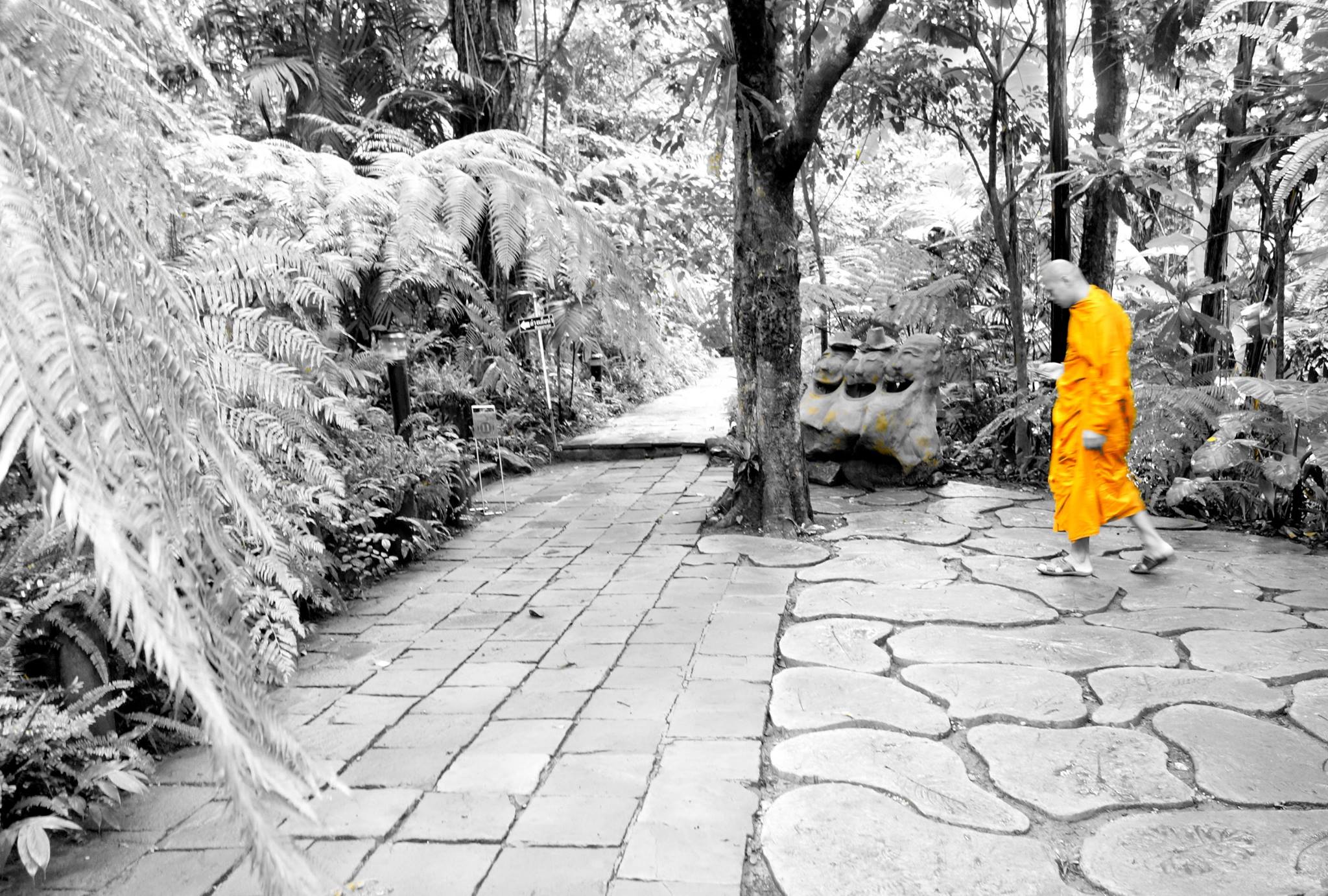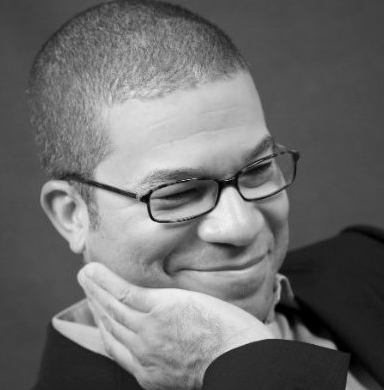I wrote this almost 4 years ago. My passage has changed, but this is still a relevant topic for many.
“Eric, as a friend and colleague I have witnessed the roller coaster ride you have had over the past number of years —a ride that has provided you with great information on many levels. Your life’s work has been more clearly defined for you as you experienced the passages that accompany authenticity, clarity and openness to the world. Purpose, Passion and Paycheck are a great combo if you can make it happen. For me the road, passage to this desire has been filled with the “moving ahead sideways” effect. I think I have finally found the combo in perfect combination. What I can tell you is that for me—it was my friends, mentors, coaches and a spiritual advisor who helped me the most. I moved from intellectually actualizing to a deeper and more satisfying place of authenticity about who I really am —this led to life being easier—and with that the choices became clear. I wish you the best in your continual pursuit—and hope you can find peace with all of this.”
The above note came my way a couple of weeks ago. I’ve held onto it tightly. It is informing my passage to the new.
Where we’re at now, at least in the American culture, most things are measured by winning and losing. I guess it’s no surprise that we worship competitive sports. The winning and losing I’m referring to is related to material and visual success. I, like many, fell for the deception of how many likes, how many followers, how many page views, and the biggest of them all, how’s your business doing.
The crazy part for me is found in the initial motivation for doing what I do. I didn’t start Epic Living as a vehicle for a great business venture. I was motivated to reach people and introduce them to their Epic life. That’s it, still is.
Somewhere along the way, I got off track.
In this world we have the realities of bills, family needs, and work in general. It’s just the way it is. I started to demanding Epic Living to be what it couldn’t be. I started being the old corporate sales guy who knew how to create major ROI. Some may say, why not? Well, GM sales a lot of cars, but that doesn’t mean they’re any good. Understand me clearly, making money on your art is not wrong or bad. The problem arises when it needs marketing to breathe and survive. I speak from my experience only here.
So what to do? I’ve slowly been moving toward a different mindset and model. The one from the beginning. It may mean separating what I do for money from what I do as a mission. That will be hard. I’m finally at peace with going with the current, instead of fighting it. In the end, I know what I’ve been called to do. Didn’t always do a good job at embracing it, but I understand now.
The passage for me is found in 2 things:
- The thoughts I’ve been given flowing to you
- A fixed focus on tools (writing, video, speaking, etc.) that communicate #1
- Saying goodbye to everything else















